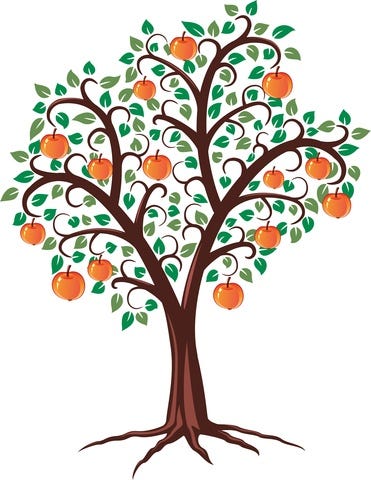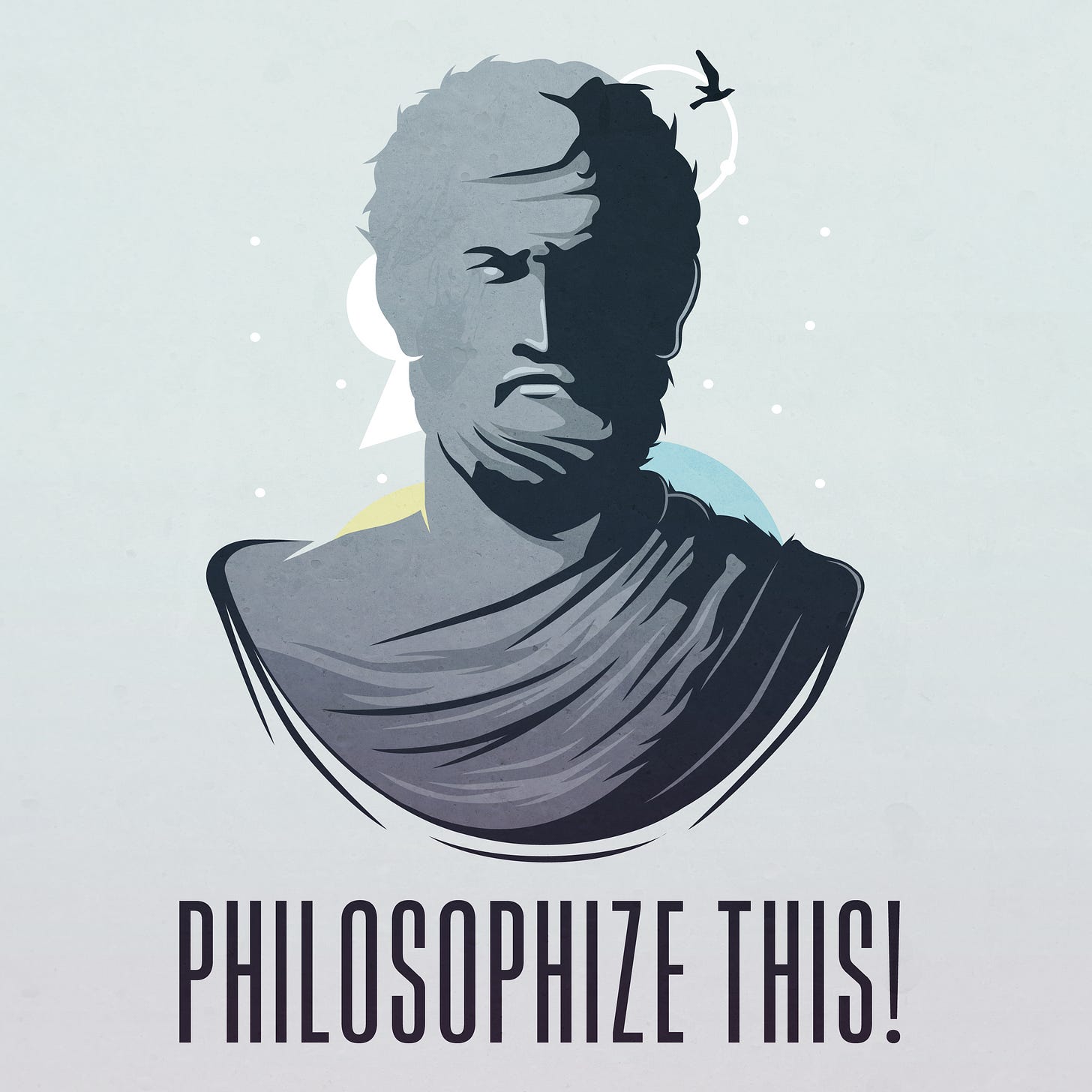Friday Brainstorm 5 🧠
Creativity, memory, flow states, and milestones
Hi friends,
Happy Friday and welcome back for the fifth issue of Friday Brainstorm!
Here’s an overview of what’s in store:
a new article on cognitive biases in creative output 💡
the internet is changing how we think 📱
a historical take on flow states ☁️
personal writing milestone 💥
As always, I want to hear from you. As you read the newsletter, I’d love to hear your thoughts and reactions, related resources you’ve found inspiring, as well as any feedback around how I can make these better - just reply directly to this email.
What I’m writing 💡
🆕 Cognitive Biases in Creative Output 🆕
Here’s a short excerpt from the new article:
We don't have the best intuitions when it comes to creative output. This is especially true of the classic mode of thinking associated with creativity - divergent thinking - where you're tasked with generating many solutions to an open-ended problem.
A recent study found that the majority of participants incorrectly predicted the best strategy for divergent thinking. Given two open-ended tasks, they assumed that approaching them one at a time would be more effective than continually switching. In fact, the results showed the exact opposite.
This is a cognitive bias that we need to be more mindful of - let's call it task switching bias.
The article then explores a classic open-ended problem we often deal with and offers practical advice on how to better approach it.
Read the whole thing to find out what this apple tree has to do with creative output:

The internet is changing how we think 📱
It’s common knowledge that we’re reliant on smartphones and constant connectivity to navigate our modern lives. What’s less obvious is how our memory is adapting to these new information and communication technologies.
As accessing information has become easier, the internet has become an external memory system for us. Whenever we don’t know something, we instinctively turn to turn to Google to fill the gap in knowledge.
In a landmark 2011 study, researchers showed that people’s memory for the location of information was significantly better than the content of the information. In other words, we often don’t feel the need to encode information internally anymore. Why would we, when we could instantly look it up?

When we do end up Googling something, our brain encodes where the information is found (the query) rather than the information itself. You could argue that our brains have adapted to include search engines as an external memory system that can be accessed at will. Google has quite literally become an extension of our memory!
Photos are another example of external memory of one’s experiences. Another study demonstrated the photo-taking-impairment effect, where participants remembered fewer details of things they took pictures of. This definitely supports the common sentiment that social media makes our experiences less meaningful, since we remember less when we take a picture or a video.

What can we learn from this? The study also found that the memory impairment was eliminated when people paid more attention to what they were taking a photo of.
Beyond paying more attention, the researchers leave us with this:
It may be that our photos can help us remember only if we actually access and interact with them, rather than just amass them.
What I’m listening to ☁️
I’m a little late to the audiobook bandwagon, but I’ve been really enjoying listening to Steven Kotler’s Mapping Cloud Nine recently.

Most audiobooks feel like an afterthought, but not this one. Actually, there is no physical book — it’s only available as an audiobook! Let me tell you, it’s so refreshing.
Steven Kotler is a gifted storyteller and does a fantastic job of keeping you engaged. I recognize that not all authors would excel at this, but I hope the audiobook-first trend continues because it is phenomenal when done well.
Onto the content itself - Kotler takes a historical approach to the explore how our understanding of peak experiences (flow) has evolved over time. I was surprised by how extensively he draws on the influence of philosophers of like Nietzsche and Maslow, who aren’t normally associated with the psychology of flow states.
That leads me to another recommendation — the Philosophize This podcast.

I’ve never really been into philosophy, but Stephen West makes the ideas super accessible and highly entertaining. There is a bite-sized 30-minute episode for just about every major philosopher. Definitely check it out.
Life update 💥
I wanted to share a milestone I’ve hit in my writing journey. After finishing the series on music, I started looking for places to publish it.
I didn’t really know what to expect, but it was picked up by one of Medium’s largest publications (Better Humans) and it featured on Medium’s homepage!

I’ve gotten tons of comments from readers and someone even asked me if they could translate it into Arabic. Kind of random, but flattering nonetheless.
I wanted to thank anyone that’s given me feedback on my writing or this newsletter — that’s helped me more than you’d imagine.
Going forward, I’m striving to continue improving at explaining complex ideas from neuroscience in an accessible and practical way. I’m highly appreciative of everyone who’s been on the journey so far!
I hope you’ve enjoyed this edition of Friday Brainstorm! What did you think? Anything that stood out, or sparked your curiosity? Let me know by replying to this email. I’d love to hear from you!
—Shamay
